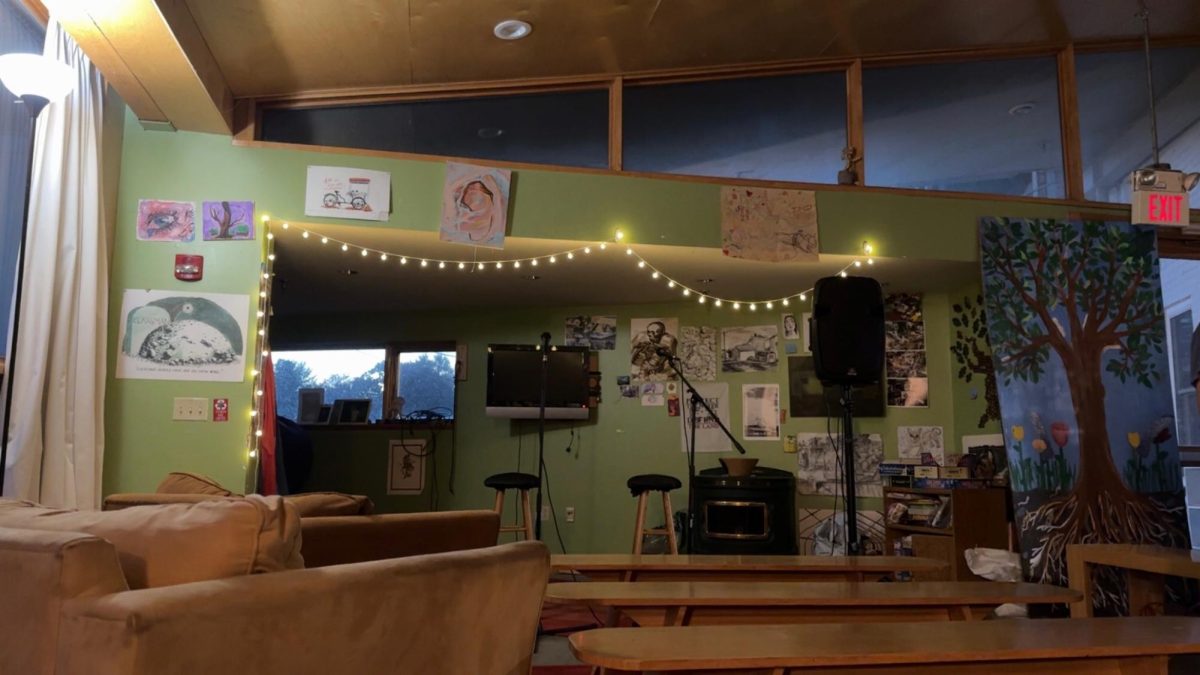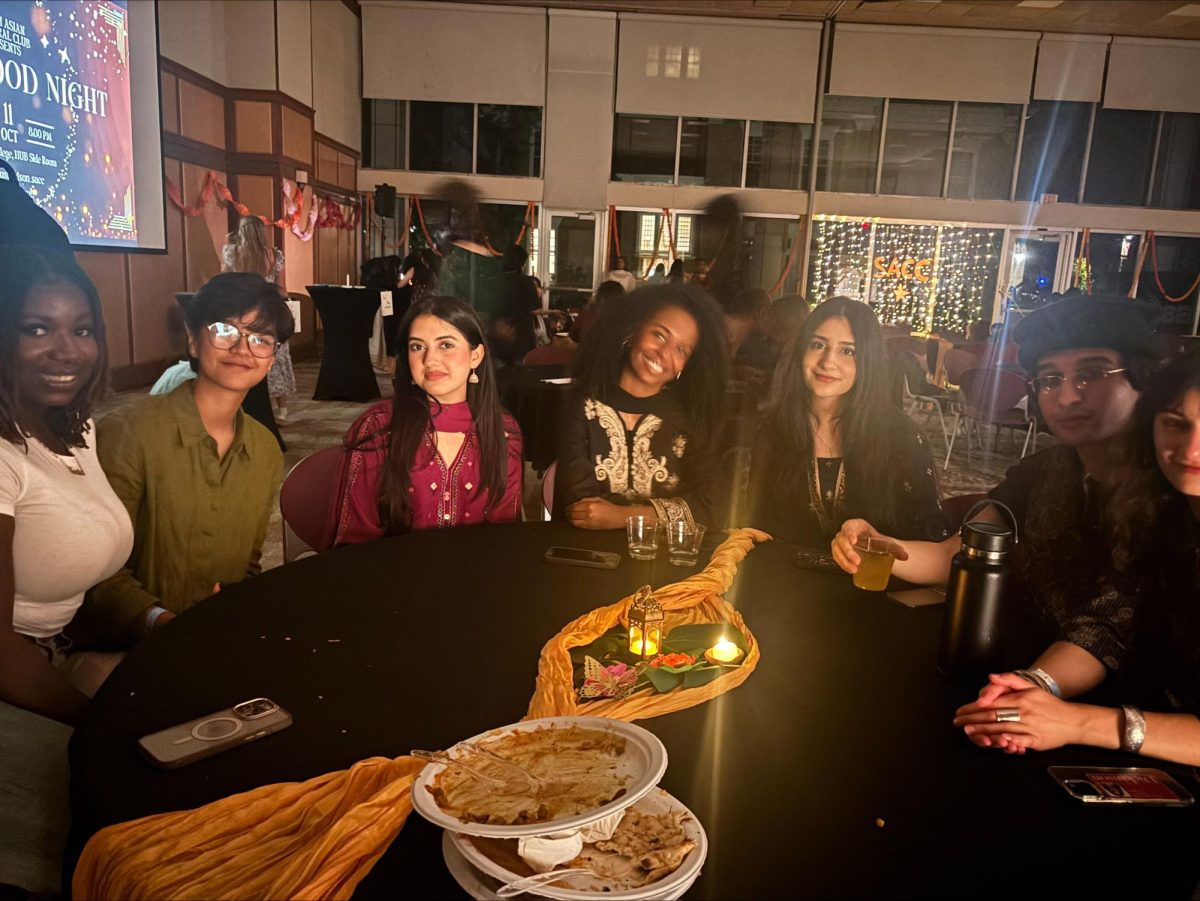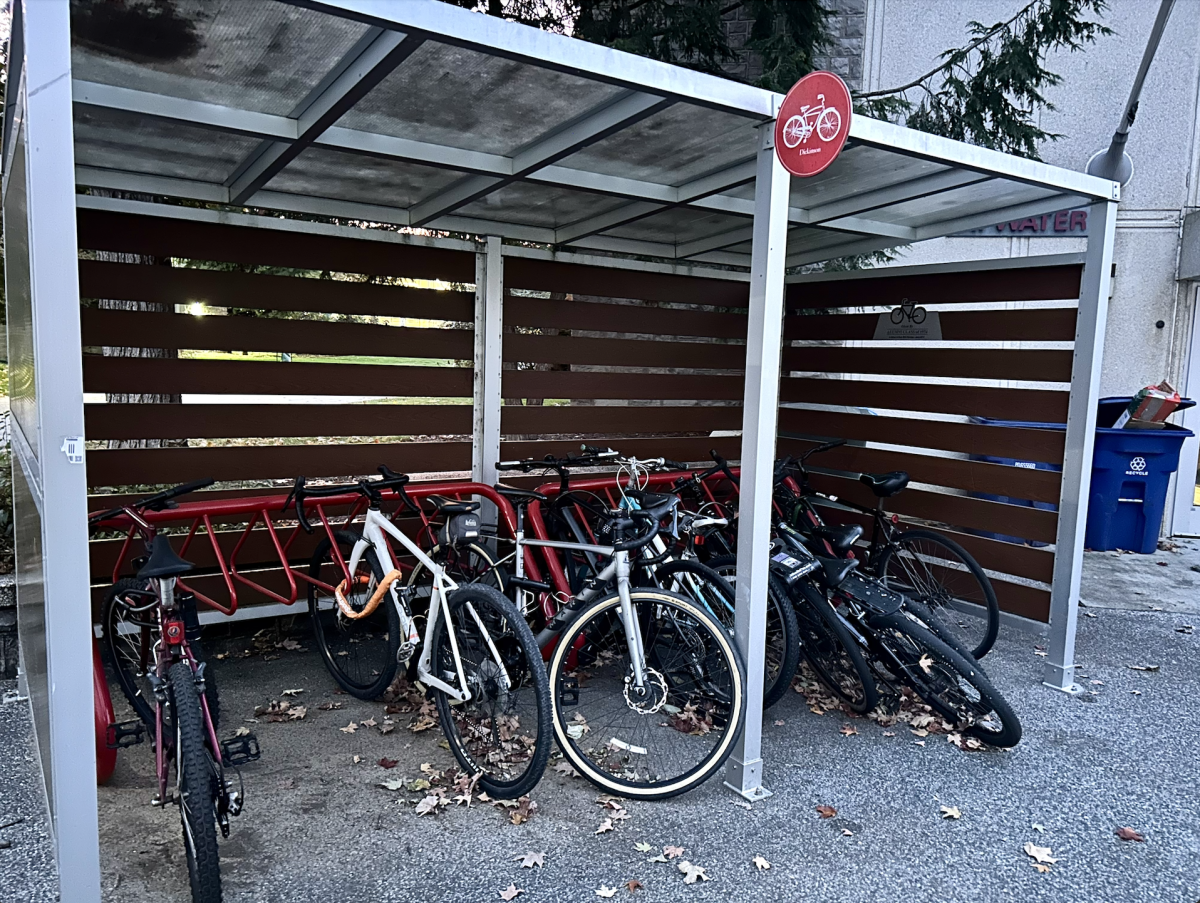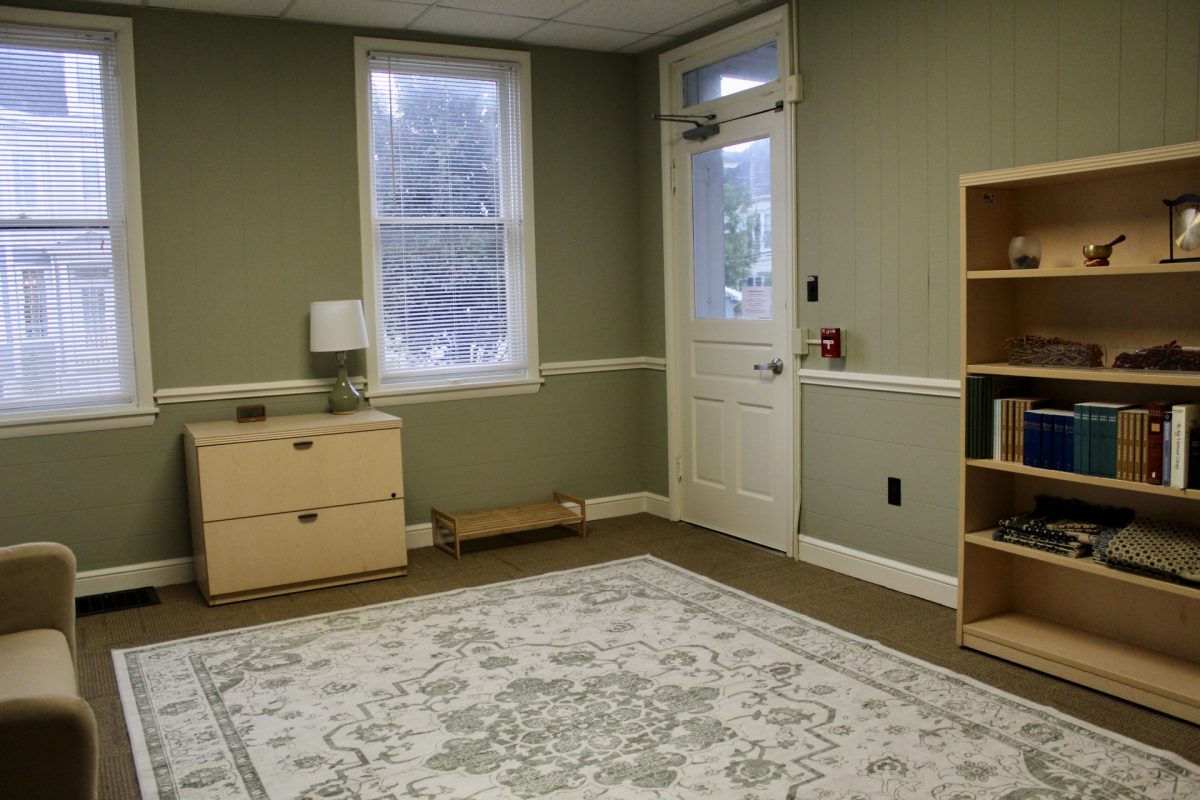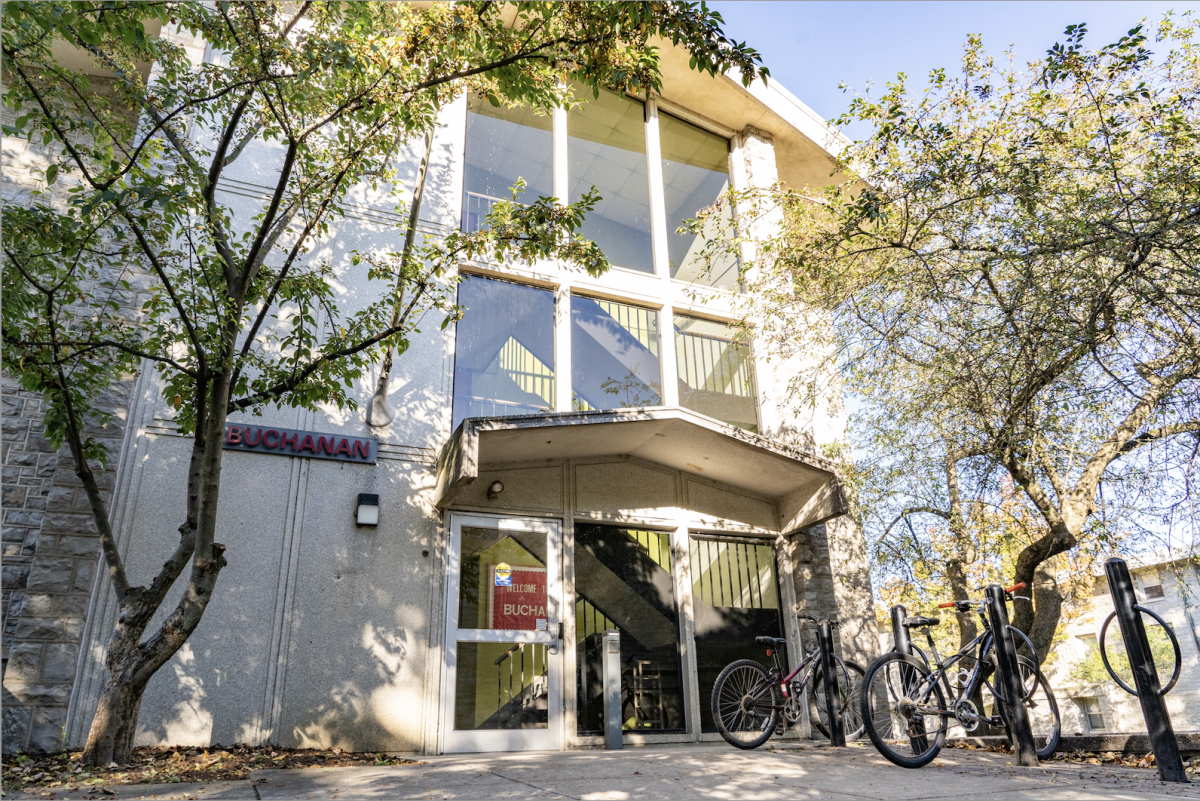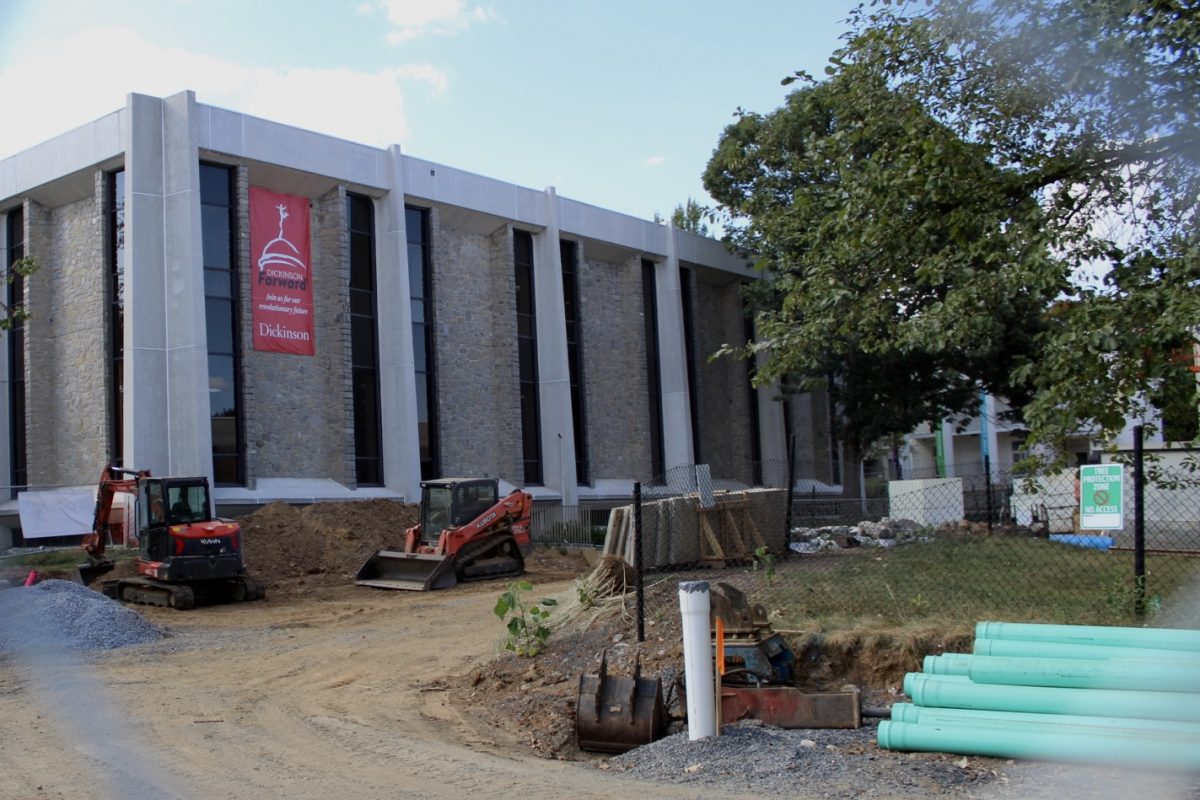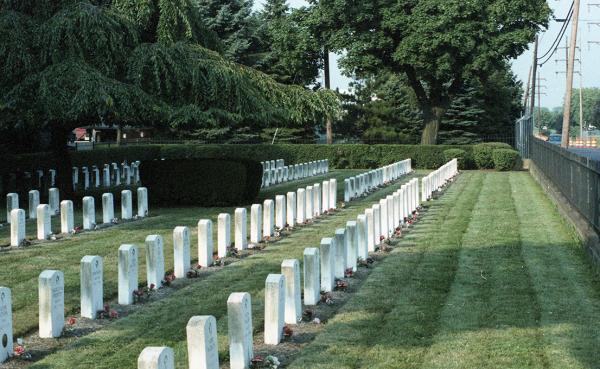Attending college is a transformative experience, but the journey differs significantly for international students compared to regular students at Dickinson College. From academics to social life, international students face unique challenges and opportunities that shape their time abroad. Clara Gramond and Gabin Devès, French exchange students at Dickinson, and Leah Keys ’25 share their perspectives on what makes their experiences distinct.
Choosing Dickinson: A Matter of Opportunities
For international students like Gramond and Devès, choosing Dickinson is often a strategic decision for their future. “I chose Dickinson because they have a swim team, and I thought I could be a part of it.” Devès says. “I wanted to be on the East Coast to explore places like Washington, D.C., and Dickinson has an excellent finance department,” Gramond explains.
In contrast, a regular Dickinson student’s journey to the college can be different. Keys shared, “When I was looking at colleges, I wasn’t sure what I wanted. I applied to five liberal arts schools with open curriculums, and Dickinson was the only one I got into. My mom actually found it! I was confident I would get into other schools, but in the end, Dickinson gave me a great scholarship.”
The Initial Culture Shock
Arriving in a new country and adapting to an unfamiliar culture can be daunting. Gramond recalls, “What shocked me at first was how extravagant Americans are. Their voices are loud, and there is a level of superficiality that I didn’t expect.”, Devès adds “The language barrier was also difficult to navigate at first.”
For regular Dickinson students, adapting is more about academic expectations and social dynamics. “Dickinson is full of high-achieving students who push themselves really hard. After studying abroad, I realized how much is expected from us compared to other schools,” Keys noted.
Social Life: Connections and Barriers
One of the biggest differences between international and regular students is social integration. Gramond explains, “Being an international student is great because you meet a lot of people, and campus life is very active. There are many opportunities to experience stereotypical American college activities, like formal events and photo booths. The Language House also allows us to interact with other cultures.” However, Devès acknowledges that socializing beyond the international community is difficult. “It’s hard to make real friends. It’s easy to meet people, but difficult to form lasting connections. The only real friends I’ve made are those who also studied abroad because they understand what it’s like to be in our shoes.”
Keys on the other hand echoed similar sentiments. “It’s not hard to meet people, but Dickinson is very cliquey. Since I started a semester late, I missed a big part of socialization, and people already had their groups. You can be friendly with someone in class, but forming a deeper friendship outside of that is harder.”
Academic Adjustments and Challenges
The academic system at Dickinson presents unique challenges for international students. “The hardest part is adapting to the university system here. In France, we are independent and left to figure things out on our own. Here, professors guide students much more. The level is different, and the language barrier makes it even harder to keep up with readings and lectures,” Gramond and Devès say.
For Keys, balancing coursework and personal life is a major struggle. “The workload is intense, and balancing academics with social life and a job is tough. Homework is overwhelming, and in a small town like Carlisle, there aren’t many options to escape. If you want to go anywhere, you need a car.”
The Pros of Studying at Dickinson
Despite the challenges, both international and regular students recognize the advantages of being at Dickinson. Gramond and Devès appreciate the chance to explore new subjects. “Academically, I’ve discovered courses that don’t exist in France, like finance. It’s a new way of learning” she says. “Also, the infrastructure is incredible—having access to a high-quality gym and campus facilities is a huge plus.” Devès says he adds “Having fewer students in class encourages participation. The language courses here are also much better than in France. Plus, the classroom atmosphere is more welcoming—there’s less judgment when you speak up.”
Areas for Improvement
However, there are aspects that could be improved, especially for international students. “Being in a small town can feel isolating. You need a car to get anywhere.” Gramond says. There’s also a lack of integration for international students. We form our own groups but don’t mix much with regular students. More could be done to bring us together,” Devès shares.
For Keys, Dickinson’s high-pressure environment and location are challenging. “Balancing academics and social life is tough. The town is small, and there aren’t many options for nature or entertainment.”




